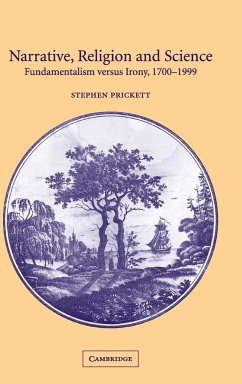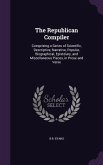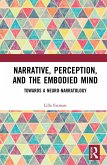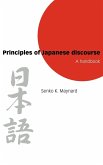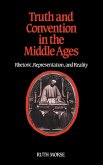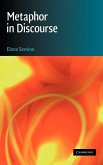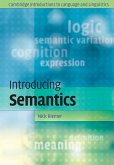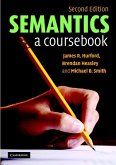An increasing number of contemporary scientists, philosophers and theologians downplay their professional authority and describe their work as simply 'telling stories about the world'. If this is so, Stephen Prickett argues, literary criticism can (and should) be applied to all these fields. Such new-found modesty is not necessarily postmodernist scepticism towards all grand narratives, but it often conceals a widespread confusion and naïvety about what 'telling stories', 'description' or 'narrative', actually involves. While postmodernists define 'narrative' in opposition to the experimental 'knowledge' of science (Lyotard), some scientists insist that science is itself story-telling (Gould); certain philosophers and theologians even see all knowledge simply as stories created by language (Rorty; Cupitt). Yet story telling is neither innocent nor empty-handed. Prickett argues that since the eighteenth century there have been only two possible ways of understanding the world: the fundamentalist, and the ironic.
Table of contents:
Introduction: Arthur Dent, Screwtape, and the mysteries of story telling; 1. Post-modernism, grand narratives, and Just-So stories; 2. Newton and Kissinger: science as irony?; 3. Learning to say 'I': literature and subjectivity; 4. Reconstructing religion: fragmentation, typology and symbolism; 5. The ache in the missing limb: language, truth, and presence; 6. Twentieth-century fundamentalisms: theology, truth, and irony; 7. Science and religion: language, metaphor, and consilience; Concluding observational postscript: the tomb of Napoleon; Bibliography.
An increasing number of contemporary scientists, philosophers and theologians downplay their professional authority and describe their work as simply 'telling stories about the world'. Yet story telling is neither innocent nor empty-handed. Register, rhetoric and imagery are manipulative, and irony emerges as the natural mode of our modern fragmented culture.
Stephen Prickett explores the 'narrative' in ways of thinking about the world over 300 years.
Hinweis: Dieser Artikel kann nur an eine deutsche Lieferadresse ausgeliefert werden.
Table of contents:
Introduction: Arthur Dent, Screwtape, and the mysteries of story telling; 1. Post-modernism, grand narratives, and Just-So stories; 2. Newton and Kissinger: science as irony?; 3. Learning to say 'I': literature and subjectivity; 4. Reconstructing religion: fragmentation, typology and symbolism; 5. The ache in the missing limb: language, truth, and presence; 6. Twentieth-century fundamentalisms: theology, truth, and irony; 7. Science and religion: language, metaphor, and consilience; Concluding observational postscript: the tomb of Napoleon; Bibliography.
An increasing number of contemporary scientists, philosophers and theologians downplay their professional authority and describe their work as simply 'telling stories about the world'. Yet story telling is neither innocent nor empty-handed. Register, rhetoric and imagery are manipulative, and irony emerges as the natural mode of our modern fragmented culture.
Stephen Prickett explores the 'narrative' in ways of thinking about the world over 300 years.
Hinweis: Dieser Artikel kann nur an eine deutsche Lieferadresse ausgeliefert werden.

